We financial hacks have been encouraged, indoctrinated perhaps, to think that London’s Big Bang was a Very Good Thing. That moment in October 1986 when the City threw off old shackles and embraced global finance, ditched boozy lunches and chased money like never before was a result for us all — so we’ve been led to understand. My word is my bond went out. In came computerised trading, and the notion that greed was good. If you could monetise a thing, turn it into something tradeable, why wouldn’t you?
In Crash Bang Wallop, published 30 years after the historic event, Iain Martin starts out sceptical but in the end doesn’t depart much from the script. The Thatcherite reforms — she was behind the principle, not the detail — may have led to yuppies, braying traders and other people of whom one could disapprove, but they were also part of Britain becoming a modern country.
London became a magnet for talent and money. If some of each was shady or greedy, well, there’s always a price to pay. The City wasn’t cleaner before, we are told; we just didn’t catch much insider dealing back then. Despite recent, er, setbacks, we are a far wealthier nation now than we would have been had we not opened the City to all comers, allowed the bankers to let rip — to go wild with the business of making £1 look like £10. This spread from the City to wider life. Privatisations, bonuses and booming house prices are now as much a part of Britain as cricket or warm beer ever were.
Martin clearly has some disquiet at this — some concern about the UK, unlike quite anywhere else, being permanently up for grabs. ‘Money follows money and just about anything British — apart from the Queen — is for sale for the right price,’ he writes.
Who really won from the Big Bang? Old-style partners in firms that sold up to the Americans most of all. Martin quotes the FT’s John Kay: ‘The partners retired to expensive yachts and exclusive villas: the marzipan layer of employees below resented the alien culture of their new masters.’ Who lost? No one really, is the main conclusion here.
Some of the numbers in the book now just look funny. In 1987, the Times reported that investment bankers could expect to make more than £100,000 a year. Top bankers now make many multiples of that. Other salaries regarded as very high at the time — £62,402 to be director of corporate finance — look almost erroneously piffling. As for the anarchy that was let loose by the Big Bang, lately financial disasters have become so frequent they no longer seem shocking. Market or currency crashes are routine, so why worry about them?
In the end, Martin offers four side effects of Big Bang that were damaging. Notably, that it encouraged greed and the notion that, as long as the law was followed, anything went. Financiers asked themselves if they were in line with the rules, not if they were doing the right thing. Something important was lost here, surely.
The arrival of the Americans, in particular, shifted the intellectual basis of much City activity. Bankers stopped thinking of themselves as impartial advisers, warning clients about risk and reputation. They became Donald Trump-like figures, obsessed with getting deals done. The future could go hang, or at least look after itself.
The Royal Bank of Scotland, the subject of Martin’s earlier book, crops up regularly, its ambition clear. Did the Big Bang ultimately lead to the banking crisis of 2008, of which RBS was the most spectacular blow-up, a disaster we are all still paying for? He hints rather than argues explicitly for a link. The reader needs more on this: a clear defence of the banking trade, or vengeance on our behalf.
As a description of what happened, Crash Bang Wallop is excellent, though one might find oneself wanting more polemic, more opinion. Understandably, Martin looks to be fair, and he writes with zest. If you are familiar with the details and the names — David Mayhew of Caze-
nove, Nigel Lawson — the book can sometimes read like a history refresher, albeit one that is well told. The reader can’t help thinking that this history just goes to show that some skills, some assets, are rather overvalued. The book itself is retailing at a toppy £25.
Still, Big Bang can’t be undone. Without it, London would not be the world’s leading financial centre. Even if you don’t care much for traders and bankers, there is no point in pretending the nation would be better off without them.
The post When greed became good appeared first on The Spectator.
Got something to add? Join the discussion and comment below.
Get 10 issues for just $10
Subscribe to The Spectator Australia today for the next 10 magazine issues, plus full online access, for just $10.
You might disagree with half of it, but you’ll enjoy reading all of it. Try your first month for free, then just $2 a week for the remainder of your first year.

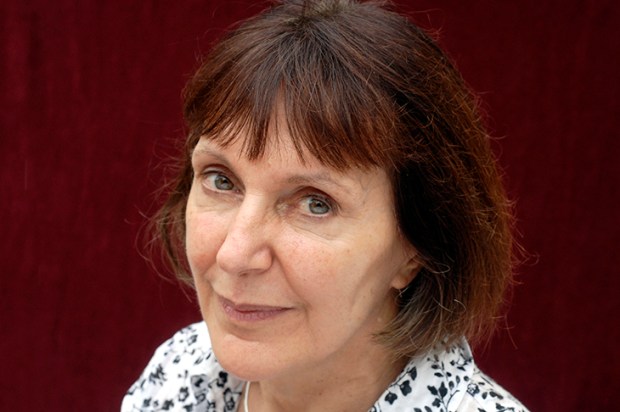
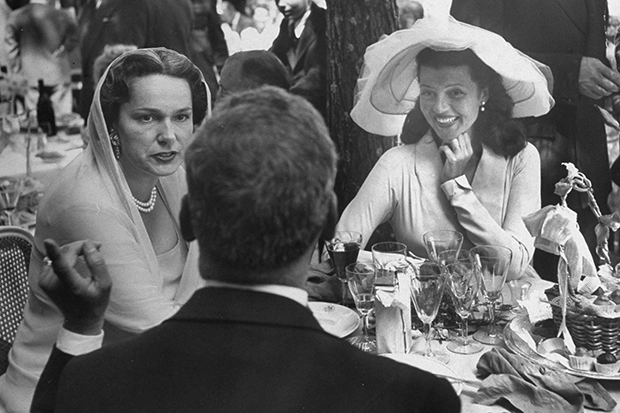
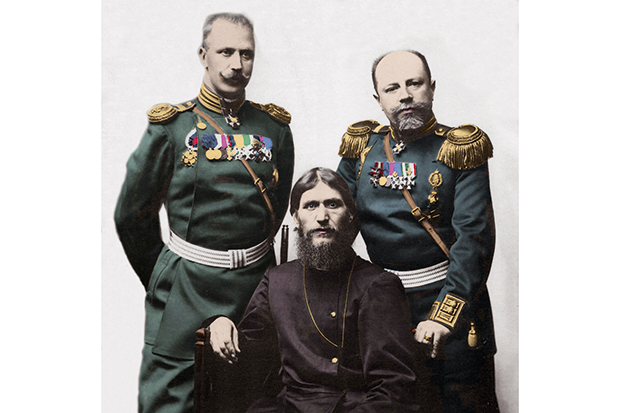
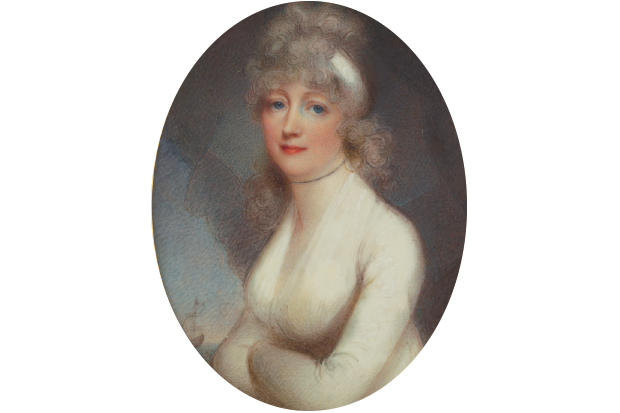
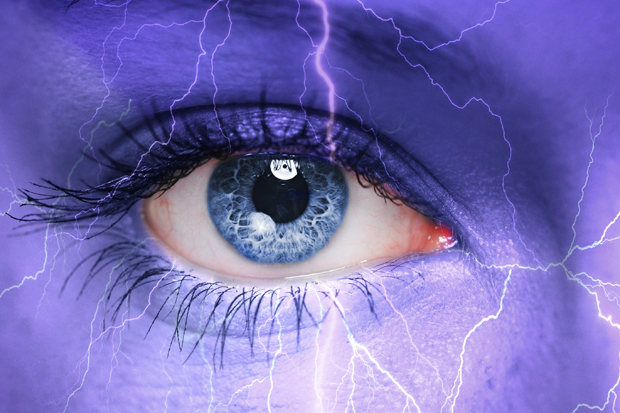
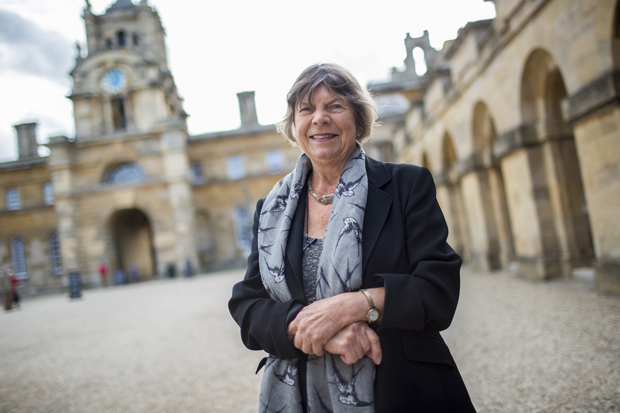






Comments
Don't miss out
Join the conversation with other Spectator Australia readers. Subscribe to leave a comment.
SUBSCRIBEAlready a subscriber? Log in